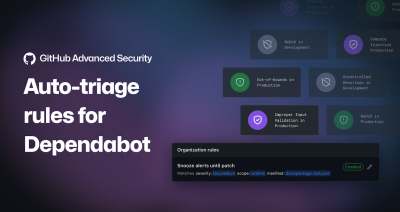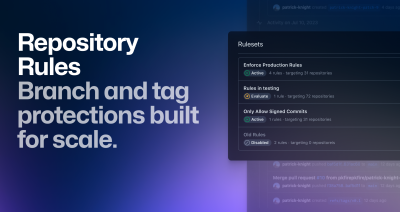
GitHub Actions – Enforcing workflow scope when creating a release
Starting today, apps and tokens used to create a release via the REST API endpoint will require the workflow scope or workflows:write permission in certain cases. The workflow scope or…


